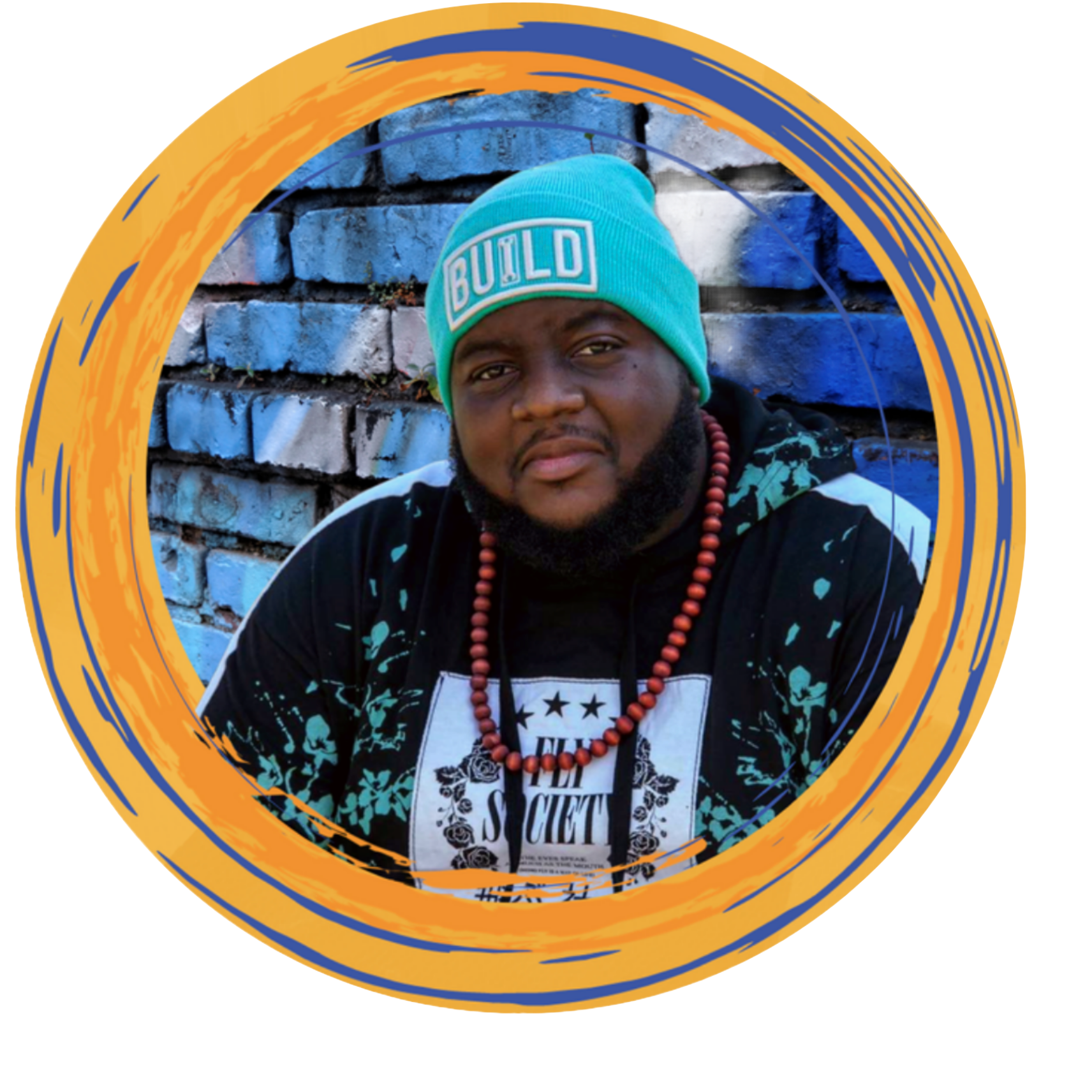A Beginner's Journey to Compassion
Here’s a glimpse into some of my conversations over the past year:
Random person: What do you do?
Me: I’m a user researcher by day, but I moonlight as a project manager for The Compassion Museum.
Random person: Wow, The Compassion Museum sounds cool! Compassion is exactly what the world needs right now.
Me: Yeah, for sure – ain’t that the truth.
Me (to myself): [Gosh, I need to work on my compassion practice if I’m going to work at The Compassion Museum.]
It wasn’t lost on me that strengthening my compassion muscle might be a good idea if I’m going around mentioning that I work for The Compassion Museum. As the project manager, I tend to take a “business first” mindset so we can quickly progress along our roadmap because I deeply believe this idea needs to be witnessed by the masses. While I know intellectually that practicing compassion is life-changing, I mostly ignored the nudge to practice it myself for the better part of the past year. At one point a dear friend remarked: “Jen, you didn’t volunteer to work at a place called The Compassion Museum merely to help make business decisions. You did it because you are being called to compassion.” It stung a little, mostly because I knew it was true.
That conversation occurred around the same time the world watched in horror the tragic killing of George Floyd by a Minneapolis police officer. I, like many others in my racial group, joined a book club to face the ways I’ve been complicit to racial injustice and to examine what I’ve been told (or told myself) about race. My group is reading Mindful of Race by Ruth King. Each Tuesday, we are guided through a mindfulness practice and then we discuss our reactions and learnings from a few chapters of the book. For the first few weeks, The Compassion Museum and Mindful of Race were still two separate undertakings in my mind. It wasn’t until we reached the point in the book where Ruth King leads the reader through a compassion practice that I started connect the two worlds.
“Compassion practice serves as an anticoagulant to such burdens [racial distress]. With practice we experience more inner circulation, more flow, lightness, and openness. There is more space to soften, to forgive, and to receive all that life offers. We begin to realize there is more love in our heart than anything else. We’re just not in the habit of relying on it.”
-Ruth King
King delivers specialized practices for addressing racial distress in our own lives and as we witness this distress playing out in the lives of others. Rather than regurgitating King’s compassion practices, I encourage you to support her work by purchasing her book directly through her website.
As I’ve restructured my schedule to incorporate compassion as a regular practice, there has been a marked change in my disposition, mood, and reaction to my fellows. The practice has allowed me to experience a deep sense of love in my heart, thus allowing my love to spread to others. I am reminded that compassion does not end with those who are oppressed or victimized. It is extends to those doing the oppressing and behaving from a place of hate. This is not an easy feat. And when I fall short of the ideal, I cultivate compassion for myself.


